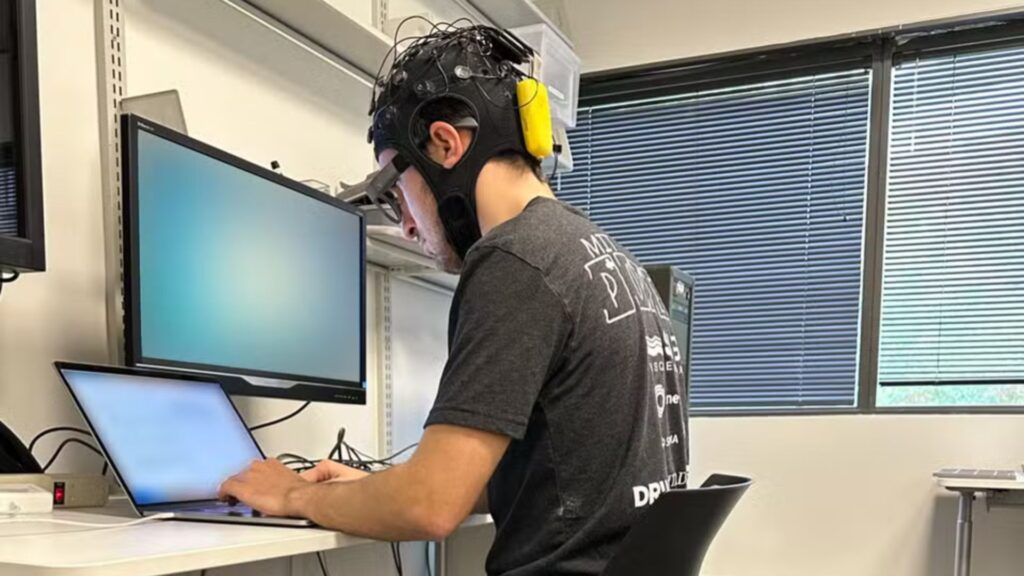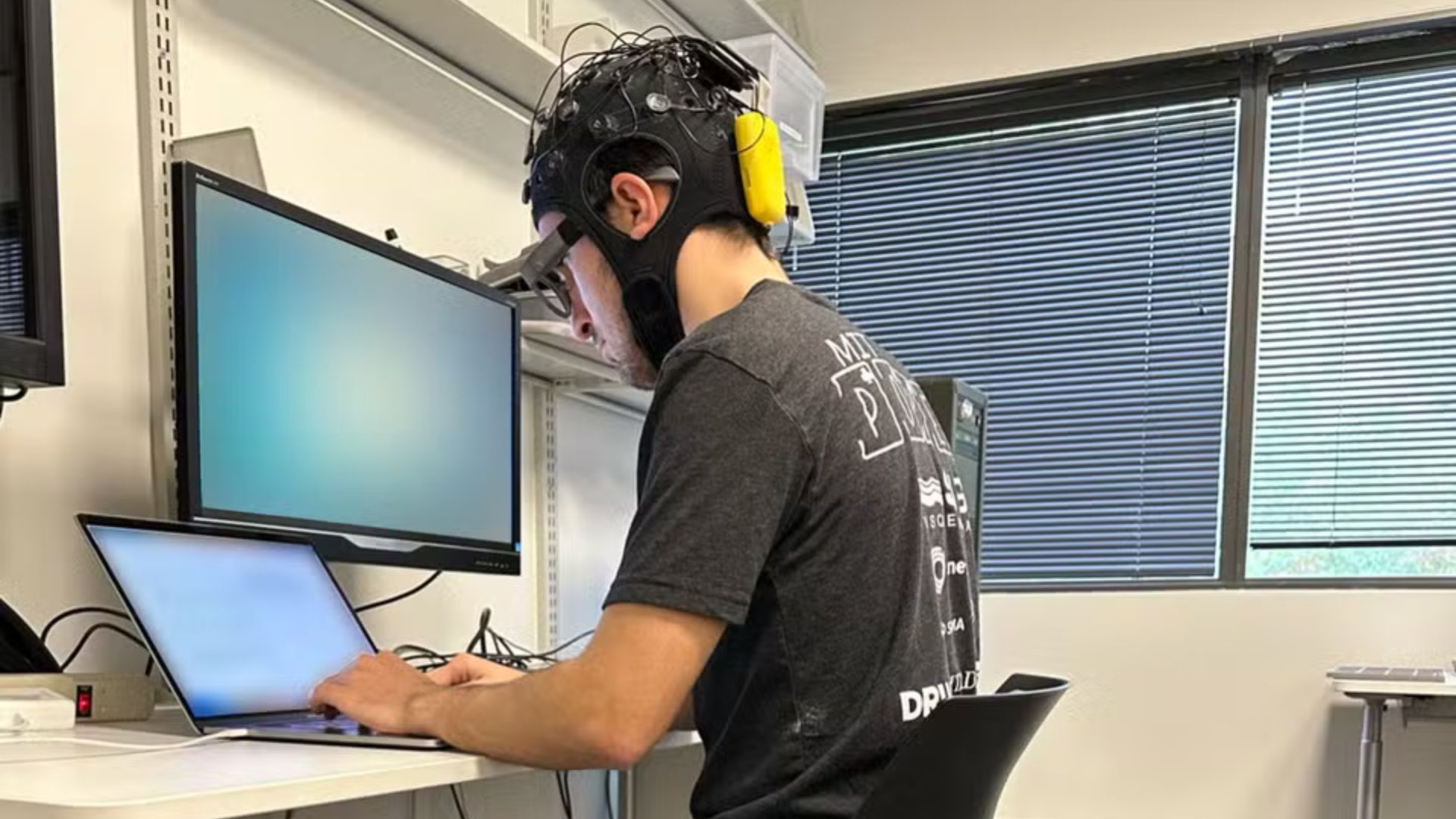
AI promised to be a powerful learning sidekick, but a growing wave of educators and researchers is sounding the alarm. They warn that instead of boosting students, heavy reliance on AI tools is linked to a troubling drop in critical thinking and reading skills. Experts from leading universities argue that as students increasingly turn to AI for answers, they are skipping the essential “cognitive struggle“—the hard work of thinking, analyzing, and writing—that actually builds intelligence and understanding for the long term.
The Science Behind the Concern
These warnings aren’t just theoretical—scientists are now seeing the effects directly. In a stunning study from MIT’s Media Lab, researchers used brain scans to watch students write essays. The results were clear: students using ChatGPT showed the least brain engagement and consistently performed worse on every level. Over time, they became so reliant on the technology that they resorted to simply copying and pasting. A separate study on programming students found a similar pattern: the more they used AI chatbots for help, the lower their grades were. As one professor leading the research put it, “AI must support learning, not replace it.”
A Historic Drop in Reading Scores
This trend in the classroom mirrors a frightening decline in national reading scores. The latest 2024 data reveals that U.S. fourth and eighth graders’ reading abilities have dropped significantly since 2019, with eighth-graders posting their worst scores in three decades. Disturbingly, the students who were already struggling fell the furthest behind, making the educational gap even wider. Many educators believe AI is a major culprit, reporting that students are using it to get quick summaries instead of actually reading the texts. This shift from “deep reading” to surface-level skimming is robbing a generation of the chance to build critical comprehension and analytical skills.
An Experiment with a Generation’s Minds
The problem is becoming widespread, with a recent survey showing that about 40% of English teachers in the U.S. are already using AI tools in their classrooms. While intended to help, the fear is that students are learning to accept AI-generated text without question instead of thinking for themselves. The data backs this up: one study found that a total reliance on AI for writing slashed accuracy by over 25%, while using it for reading assistance led to a 12% drop in performance. The challenge now is figuring out how to use AI’s benefits without sacrificing students’ cognitive development. As one researcher grimly noted, our education system has become “one of the primary laboratories for the global AI experiment”—and our children’s minds are at the center of it.












